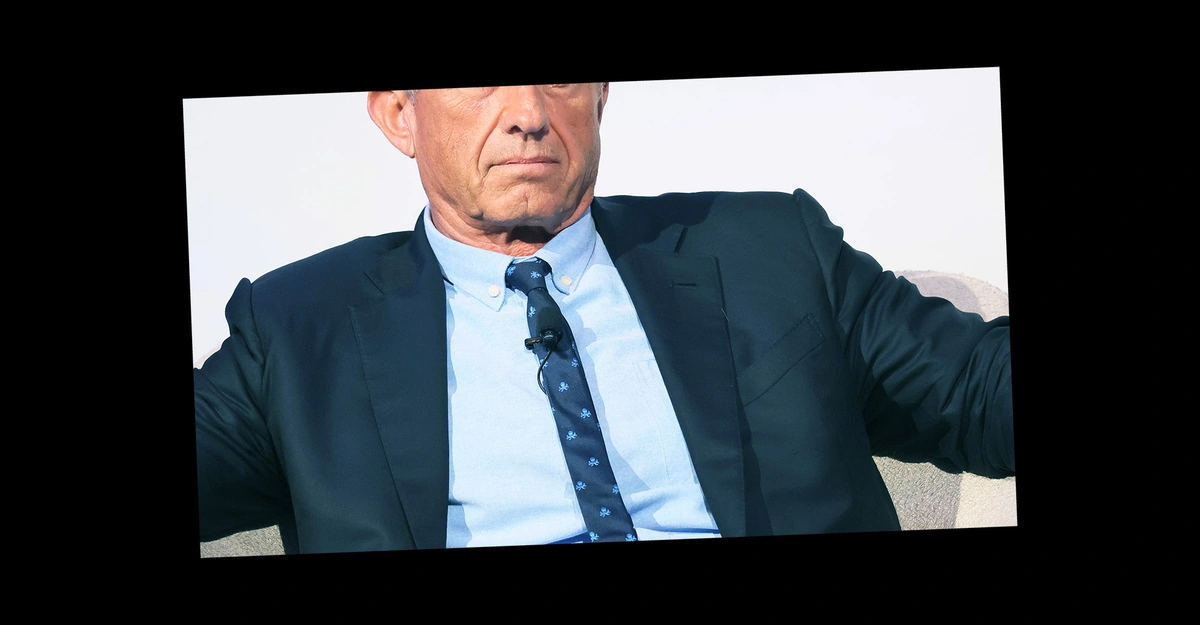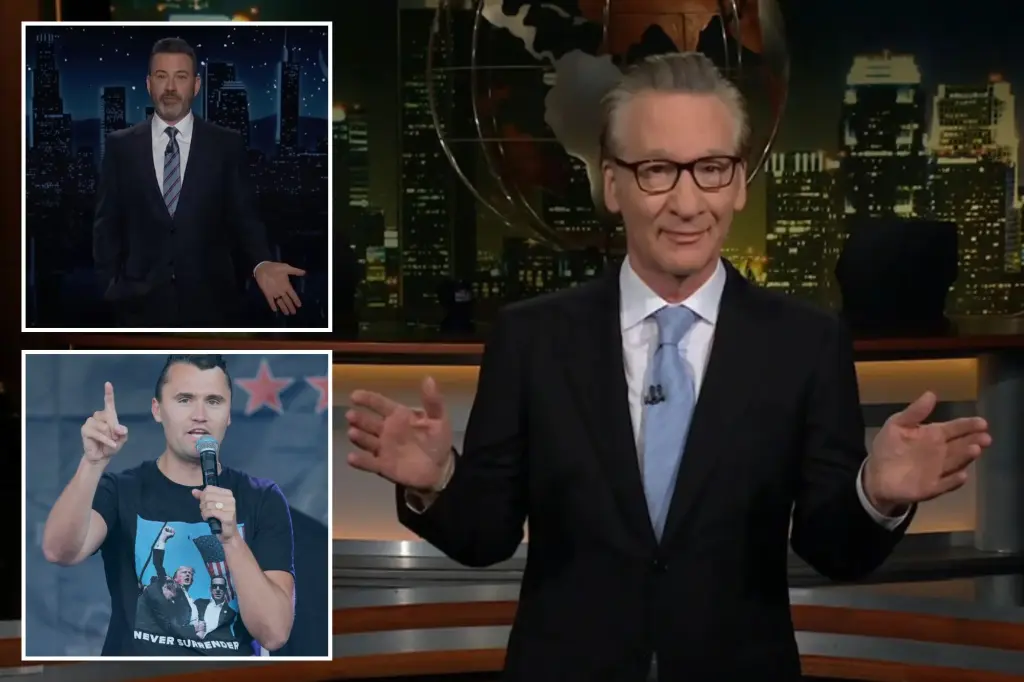
This is an edition of The Atlantic Daily, a newsletter that guides you through the biggest stories of the day, helps you discover new ideas, and recommends the best in culture. Sign up for it here.
The ascent of MAHA—the Trump administration’s movement to “Make America Healthy Again”—is part of a broader health revolution in the United States, one that venerates the past in order to carve out a purportedly healthier future. It has had mixed results; some MAHA tenets have little basis in medical literature (researchers pushed back on the White House’s announcement this week that Tylenol use during pregnancy could be linked to autism). In today’s Daily, my colleague Elizabeth Bruenig joins me for a conversation about her new article, “When Child Death Was Everywhere,” and the philosophy of the man behind the movement, Health and Human Services Secretary Robert F. Kennedy Jr.
Will Gottsegen: How does the ideology of conservatism explain what Robert F. Kennedy Jr. is trying to do with health policy?
Elizabeth Bruenig: When you think of conservatism, you’re thinking basically of someone who wants to conserve. William F. Buckley Jr. said the conservative disposition “stands athwart history, yelling Stop.” I think that helps explain why RFK Jr., who was a lifelong liberal, wound up on the conservative side of things. He, like a lot of conservatives, feels that the answer to human health and happiness lies somewhere in the past. It’s a kind of nostalgia that drives what he’s doing.
Will: Wasn’t that nostalgia for a supposedly healthier time once the province of the left?
Liz: Vaccine skepticism was for a long time associated with the left, because it was associated with people who were skeptical of Western medicine or had a kind of “back to the earth” belief system that advocated holistic treatments and rejected modern pharmacology. Over time, anti-vax sentiment became more bipartisan, and then, after COVID, it just exploded on the right without exploding on the left.
Will: Americans’ trust in institutions such as HHS and the CDC declined majorly after COVID, on the right and the left. Is that how you wind up with someone as skeptical of the medical establishment as RFK Jr.?
Liz: I think it’s how you wind up with so many people who are interested in RFK Jr.’s message. RFK Jr. was already anti-vax by the time the pandemic came around, but what COVID changed is it created so many people who had serious doubts about our institutions. And I think that explains why you have so many people at this point who are willing to listen to an anti-vax message.
Will: You describe a lot of what RFK Jr. is doing as an unwinding of old policies, or a vision of return to an earlier era. What are the wrongs he’s looking to right? And is there a way in which he’s reacting to specific policies?
Liz: RFK Jr., if you look at his career, is someone who has focused on the purity of nature: protecting the purity of natural resources, clean water, protecting pristine natural sites from industrial pollution. So I think his view on vaccines and processed foods is all of a piece with everything else he’s done to try to keep things pure and natural. I do think that he is responding to the CDC’s actions during COVID. A lot of people wound up very disillusioned with the lockdowns, with the mask mandates, and so on. And RFK Jr. is very much capitalizing on that mistrust people developed of the CDC.
Will: To what extent is this broad skepticism now self-sustaining? Will we even need RFK Jr. to keep the wheels turning?
Liz: I’m afraid that we won’t. At this point, it’s become part of the belief system of the right, especially the MAGA right—just like how post–Donald Trump, we’ll still be dealing in some sense with the MAGA movement, because it’s changed how conservatives think about politics. We will still see right-wing anti-vax sentiment even after RFK Jr. is gone. You can see the impacts on people who are questioning all kinds of received wisdom about what you should put inside your body. RFK Jr., for instance, is a raw-milk guy. Raw milk is another area that’s begun attracting more attention as this marginal practice has leaked into mainstream culture. And that’s disturbing, because that kind of stuff can kill people.
Will: You talk about how the modern medicine that we now take for granted has lulled Americans into a false sense of security, which allows some people to view the past in a naive way. What might it take to wake people up, short of something like a widespread measles outbreak or the return of polio?
Liz: I think about that a lot. And I wonder what could earn people’s trust back in our health-care institutions and in medical expertise in general. I do think that it would have to be related to a major medical advancement, where it’s impossible to deny the good of medical expertise. It’s hard to think about what kind of advancement would win back trust. And this is why I think the likelier scenario will have to do with some kind of measles outbreak—or something even worse than measles.
Related:
Here are three new stories from The Atlantic:
Today’s News
Dispatches
Explore all of our newsletters here.
More From The Atlantic
Evening Read
Golf’s Very Loud Weekend
By Sally Jenkins
Read the full article.
Culture Break
Read. Fifty years after the initial release of Judy Blume’s Forever, Anna Holmes remembers her first encounter with the novel.
Listen. The band Geese, with its new album, Getting Killed, has achieved something miraculous for 2025: It’s pushed rock and roll in a new direction, Spencer Kornhaber writes.
Play our daily crossword.
Rafaela Jinich contributed to this newsletter.



